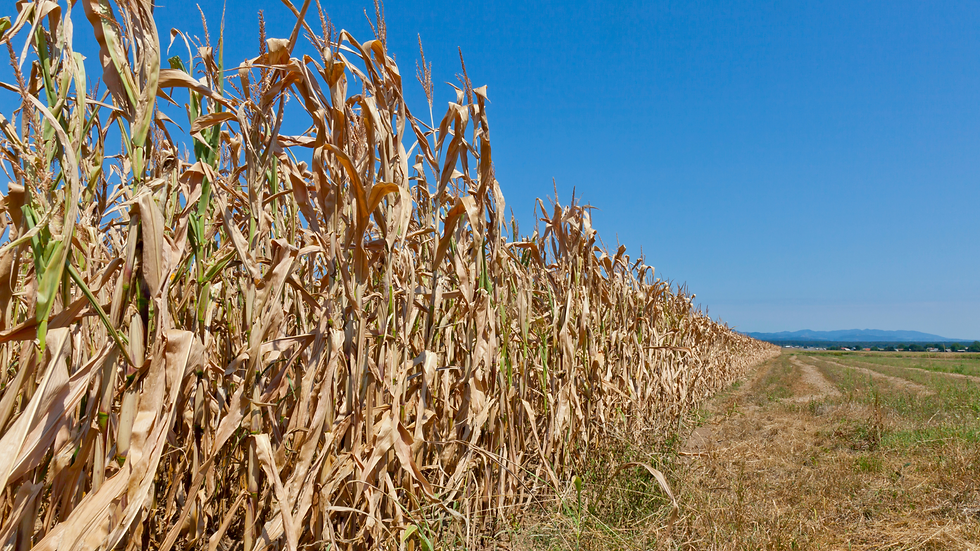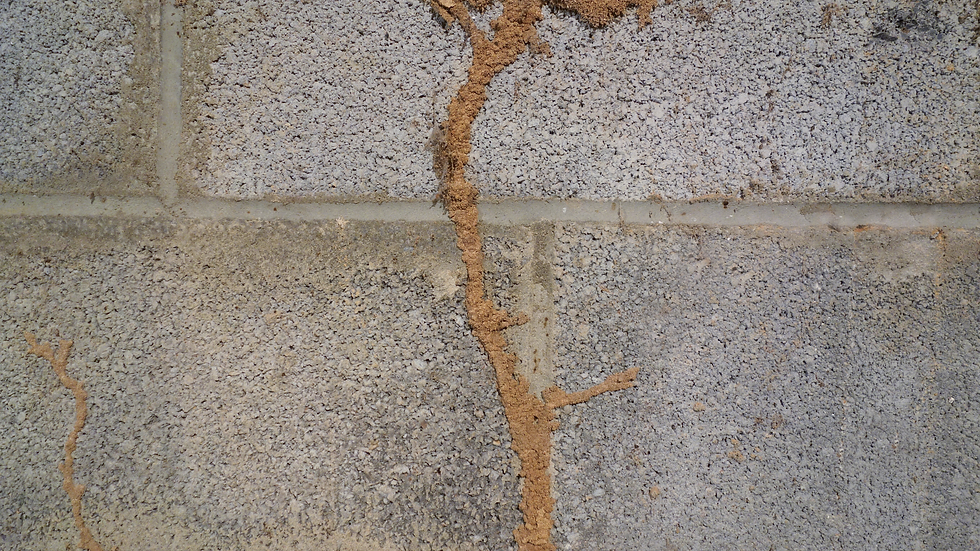Are Bay Area Drought Cycles Making Termite Infestations Worse?
- Jameson Elam

- Aug 7, 2025
- 3 min read

About the Author: Jameson Elam is the owner and operator of Good Sense Termite, serving Alameda, Santa Clara, San Mateo, and Santa Cruz counties. With over 14 years of hands-on experience in the termite control industry, Jameson specializes in thorough inspections, accurate diagnostics, and long-term solutions tailored to California homes. His deep knowledge of local termite behavior and building structures has made Good Sense Termite a trusted name for homeowners and real estate professionals alike.
Do Droughts Increase Termite Problems?
Yes, drought cycles in the Bay Area can make termite infestations worse. Termites need moisture to survive, and when the soil dries out, they search aggressively for water sources, which often leads them into homes.
In San Jose and Santa Clara County, we see spikes in termite activity after prolonged dry periods, especially from subterranean termites that depend on soil moisture.
How Drought Cycles Affect Termite Behavior
Termites Seek Moisture in Homes
During droughts, subterranean termites migrate toward plumbing leaks, irrigation systems, and damp crawl spaces.
Drywood termites thrive in areas with fluctuating humidity, often inside attics or wall voids.
Irrigation Becomes a Termite Magnet
Homeowners water lawns and landscaping more during dry years.
Moist soil near foundations can attract termites directly to the house.
Post-Drought Surges
After a drought, the first significant rain can trigger swarming activity as colonies become active again.
Structural Stress on Homes
Drought can cause minor foundation shifts and cracks, creating new entry points for termites.

Signs of Drought-Driven Termite Activity
Watch for these clues, especially during dry spells:
Mud tubes creeping up foundations or walls
Hollow-sounding or buckling wood in attics and crawl spaces
Small piles of frass (drywood termite droppings)
Increased insect activity around irrigation systems or leaky spigots
If you notice any of these, it’s likely a colony has already adapted to drought conditions and found your home.
How to Protect Your San Jose Home During a Drought
Inspect for Leaks and Moisture Sources
Check hose bibs, irrigation lines, and crawl space plumbing.
Even a minor drip can sustain a termite colony during a drought.
Adjust Irrigation Habits
Water landscaping efficiently and avoid soaking areas right against your foundation.
Maintain a Clear Perimeter
Keep mulch, soil, and wood debris at least 12 inches away from your home’s exterior walls.
Monitor for Foundation Cracks
Address small gaps or settling that may allow termites easy entry.
Schedule a Professional Inspection
Local experts can detect early signs of termite migration and prevent infestations before they spread.
FAQ: Termites and Bay Area Droughts
Do termites die off in droughts?
Not usually. Colonies adapt by moving closer to water sources, often inside homes.
Why do infestations seem worse after a drought?
Droughts force termites to migrate, and the first rains often trigger visible swarms, making hidden colonies more obvious.
Is irrigation making my home a target?
Yes, overwatering near foundations can draw subterranean termites toward your home.
Why Homeowners in Santa Clara County Trust Good Sense Termite
With 15+ years of local experience, Good Sense Termite understands how California’s unique climate cycles impact infestations. We provide:
Free, full inspections with moisture readings and photos
Expert advice on water and termite risk management
Custom treatment plans and warranties for long-term protection
We know the seasonal patterns of termite behavior in San Jose, so we can stop infestations before they escalate.
Protect Your Home Before the Next Drought Cycle
Droughts don’t eliminate termites—they push them closer to your home. A free inspection from Good Sense Termite can identify risks and prevent costly structural damage.




Comments